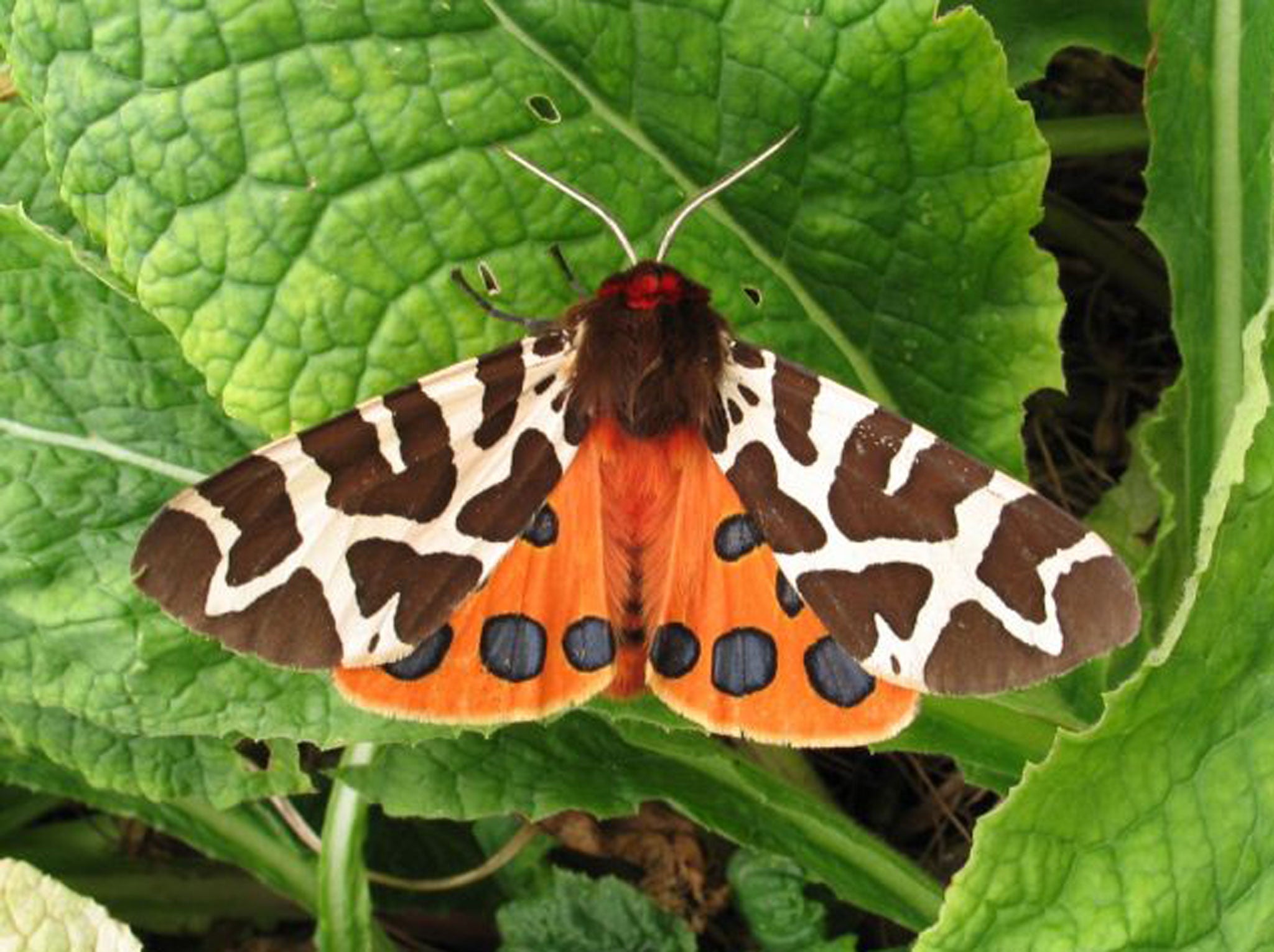Nature Studies: The life that disappeared while baby-boomers had their fun
This uniquely lucky generation always felt a sense of radical specialness - but what did they do to the natural world?

Your support helps us to tell the story
From reproductive rights to climate change to Big Tech, The Independent is on the ground when the story is developing. Whether it's investigating the financials of Elon Musk's pro-Trump PAC or producing our latest documentary, 'The A Word', which shines a light on the American women fighting for reproductive rights, we know how important it is to parse out the facts from the messaging.
At such a critical moment in US history, we need reporters on the ground. Your donation allows us to keep sending journalists to speak to both sides of the story.
The Independent is trusted by Americans across the entire political spectrum. And unlike many other quality news outlets, we choose not to lock Americans out of our reporting and analysis with paywalls. We believe quality journalism should be available to everyone, paid for by those who can afford it.
Your support makes all the difference.Awide-ranging alliance of wildlife conservation groups, large and small, last week published a remarkable report entitled The State of Nature: a comprehensive audit of what has happened to the natural world in Britain over the past half-century.
No fewer than 25 miscellaneous wildlife bodies took part, from the Association of British Fungus Groups and the Bat Conservation Trust, to the British Lichen Society, although it was the biggest and richest of them all, the Royal Society for the Protection of Birds, which coordinated and produced it (while in no way attempting to hog the credit for itself). Sir David Attenborough wrote the forward and spoke at the launch.
The report is a stock-taking, and what it amounts to is an unprecedented synthesis of loss. It is remarkable for two reasons. The first is the range of its scientific detail: all that rarified expertise in species from bats to lichens, from toads to orchids, has been harnessed to examine the fate of 3,148 species of mammals, birds, amphibians, reptiles, insects (and other invertebrates) and wild plants in the British countryside since 1962. The second reason is its conclusion: that no fewer than 60 per cent of these species have declined in numbers, 30 per cent have declined by more than half, and 10 per cent are threatened with extinction.
The vanishing individuals range from the exquisite garden tiger moth, once common and now shrunk in numbers by 95 per cent – I remember it well, but haven’t seen one in England for years – to the turtle dove, just as lovely, down 93 per cent in numbers and on the high road to extinction. But it’s the composite picture that matters most.
Do people realise? Do they take it on board? For younger men and women, it’s hard to miss something you may never have known, but here is an unassailable documentation of an astonishing and unfortunate fact about our nation, about the United Kingdom. We now have a countryside which has lost 97 per cent of its flower-rich meadows, 90 per cent of its coppiced woodland and 80 per cent of its heathland – a countryside which, since the 1960s, has lost an estimated 44 million pairs of breeding birds and 72 per cent of its butterflies. We live in a land which may be one of the richest in the world in terms of money, but in terms of biodiversity, it has become one of the poorest.
The State of Nature report should be read by anyone who cares about the natural world. (You can download it easily from the RSPB website). Its start date is 1962 – it looks at what has happened to our wildlife since then – and, for me, that prompted anew thoughts of something I have written about here before, which is the environment and the baby-boomer generation, that cohort of individuals born in the aftermath of the Second World War – of which I am one.
It’s a question of definition. The baby boomers have always been fascinated by how they will be remembered by history, not least because they grew up in the 1960s, the decade which changed everything and brought in all those new freedoms, from sex to drugs to how you lived your life; and many have long seen themselves as the generation who made the world a better place.
More recently, they have been seen in a less flattering way – as the luckiest generation who ever lived, who benefited nearly all their lives from the overflowing prosperity of the long Western post-war boom, in a way no other generation surely ever will.
But a report like The State of Nature suggests another definition. Its start date of 1962 is when someone born in the very typical baby-boomer year of 1947 – such as Elton John, or David Bowie – would have been 15; and it is during the rich, rewarding, safe and privileged adulthood of this person, now collecting their pension, that the great loss has all happened.
They’re the generation on whose watch the Earth went wrong. Some of the baby boomers fought it, of course. They founded, and joined, Friends of the Earth and Greenpeace and other green groups; but many more just watched their houses grow in value, thinking they had done their bit, they had changed the world for the better, when really it was going to hell in a handcart, all around them.
Twitter: @mjpmccarthy
Join our commenting forum
Join thought-provoking conversations, follow other Independent readers and see their replies
Comments